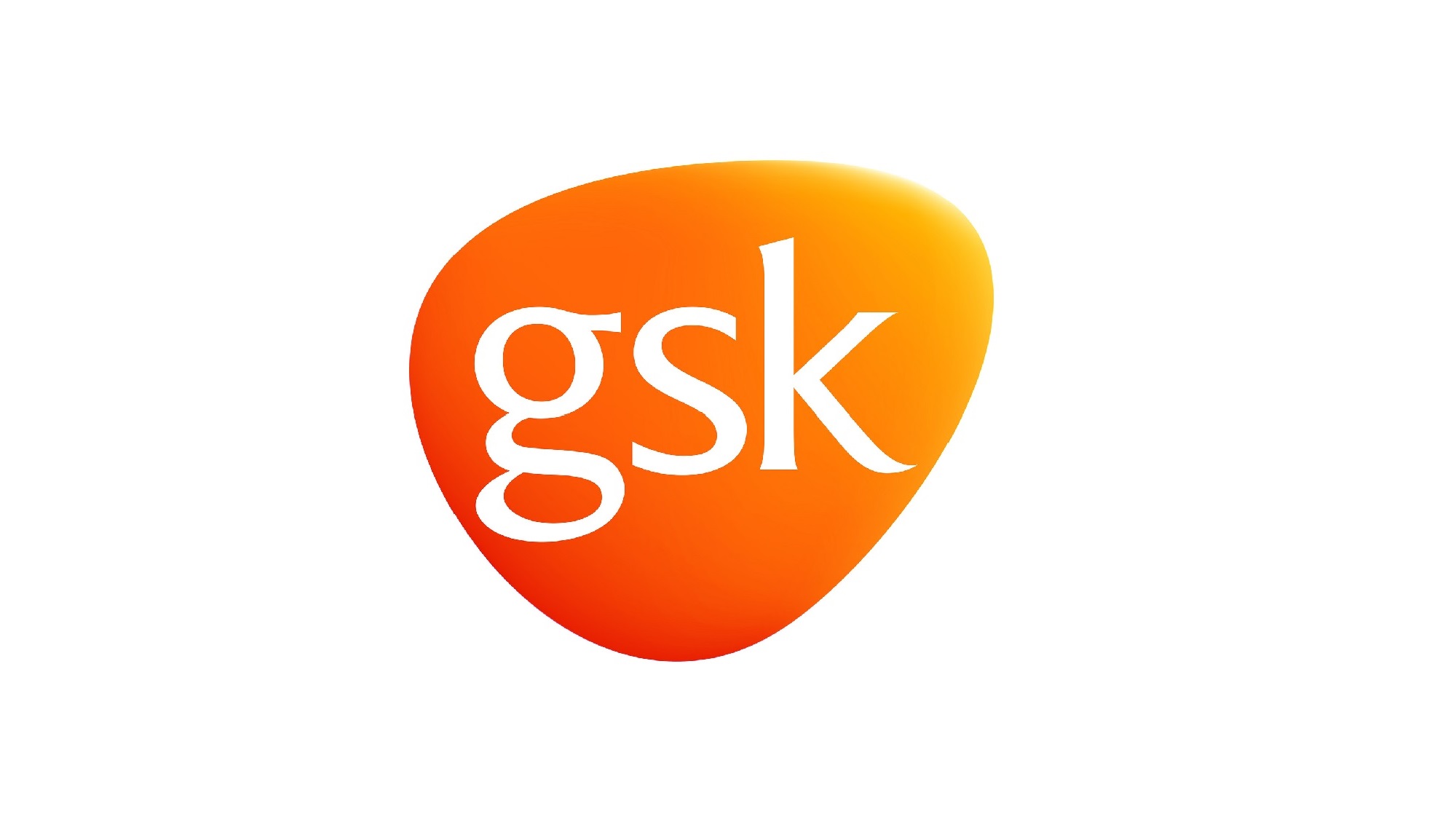GSK’s ZEJULA gets green light for NHS use

The UK’s National Institute for Health and Care Excellence (NICE) has recommended GlaxoSmithKline’s (GSK) ZEJULA (niraparib) for some forms of ovarian, fallopian tube, and peritoneal cancer.
Following a period of restricted access, the once-a-day capsule will now be recommended for routine use in the NHS.
Taken as a once-daily capsule, niraparib is a Poly ADP-ribose polymerase (PARP) inhibitor recommended as an option for treating patients with relapsed, platinum-sensitive high-grade serous epithelial ovarian, fallopian tube or primary peritoneal cancers. It is indicated for use in patients with cancers with a specific germline BRCA mutation, and have responded to the most recent course of platinum-based chemotherapy in adults.
The drug is also recommended for patients with these forms of cancers who do not have a germline BRCA mutation and have had two or more courses of platinum-based chemotherapy.
Initially, NICE cleared niraparib to be made available through the Cancer Drugs Fund (CDF) - a programme designed to increase the speed of drugs to market within spending margins - in 2021. Since then, the regulator has gathered additional evidence to assess the clinical and cost-effectiveness of the treatment.
Securing this recommendation from NICE makes niraparib the 20th treatment to complete the CDF process. It is also the first time the regulator has recommended a PARP inhibitor be made available outside the CDF for patients with ovarian cancer, whether or not they carry a BRCA gene mutation.
According to GSK, the transition from interim CDF funding to routine commissioning in second line therapy offers long-term certainty of access for eligible patients in England.
At least 41,000 women in the UK are estimated to be living with ovarian cancer. Of women diagnosed with an advanced form of this disease, approximately 22% will go on to require second-line therapy.
“Recurrent advanced ovarian cancer remains challenging to treat and having access to options that may help slow the progression of this disease is key to maximising outcomes for those affected, says Jack Harris, GSK vice president of oncology, UK and Ireland. “The decision by NICE to recommend niraparib in this broad setting is therefore really important and will now provide clarity for healthcare professionals and certainty of access. This is the outcome that everyone wanted and we are pleased that working in partnership with NICE, NHS England & Innovation and the ovarian cancer community, has resulted in this welcome news.”












